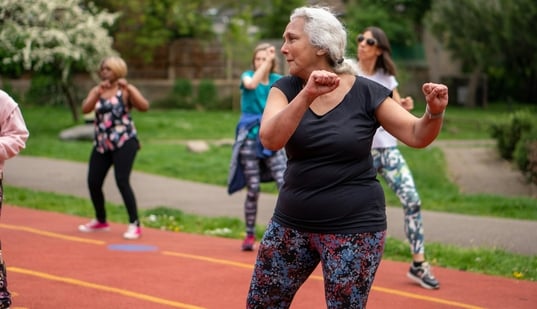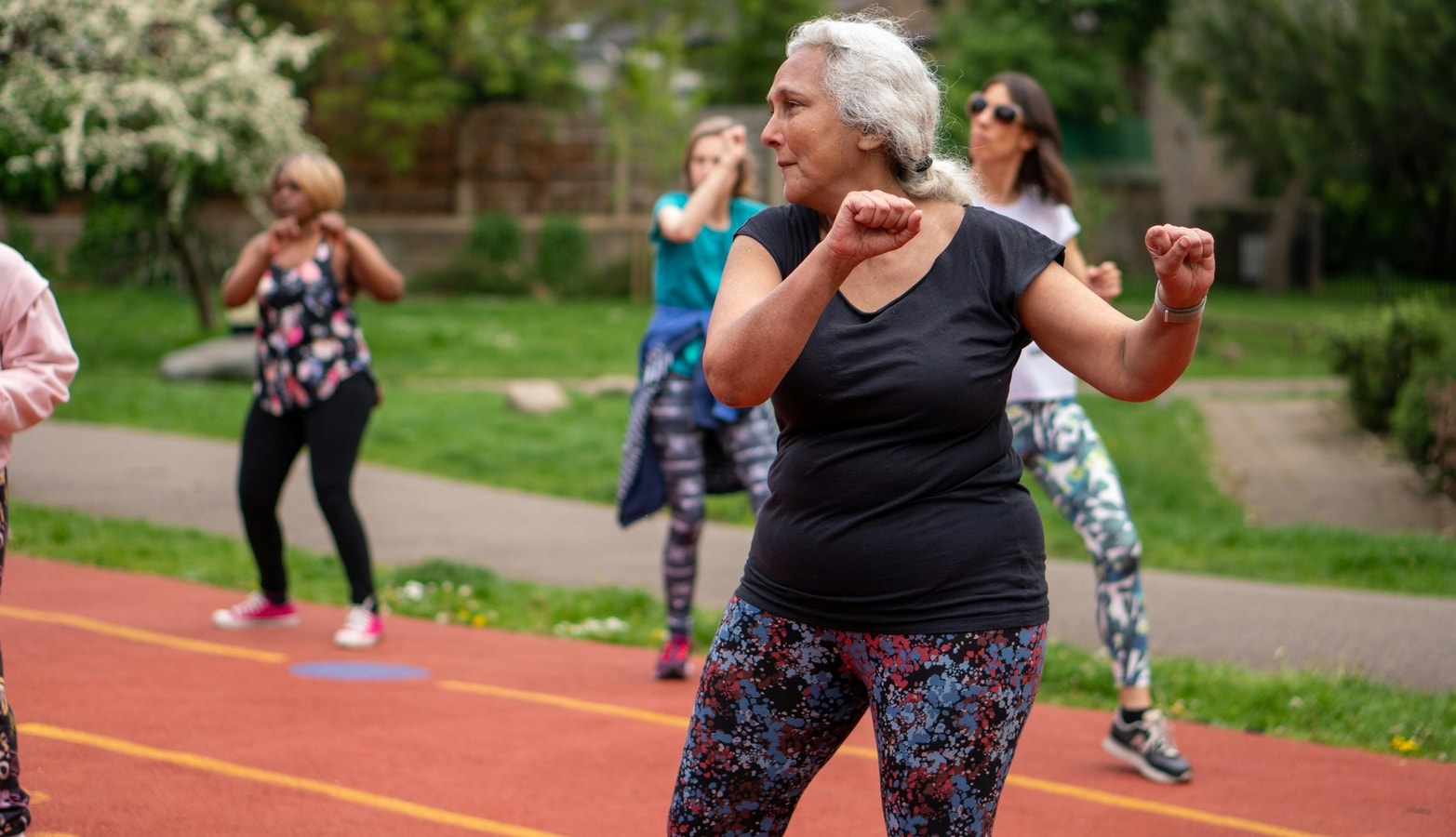While we often associate ageing with wrinkles and grey hair, your heart ages too, but can exercise slow it down or even reverse it? Dr Jeremy London, cardiovascular surgeon explains in his August 6 Instagram post the science behind “heart age,” and how the right workout routine may help keep your heart younger, healthier, and more resilient. (Also read: Cardiologist says this ‘1 simple test can assess your risk of early death’: Can you stand on one leg for 10 seconds? )
 Exercise can reverse ageing effects on heart muscle. (Unsplash) Can exercise really reverse heart ageing
Exercise can reverse ageing effects on heart muscle. (Unsplash) Can exercise really reverse heart ageing
Dr Jeremy explains in his post, “Exercise can make your heart younger, but like most things in life, it requires significant effort. In a groundbreaking study, Dr Ben Levine found that as we age, particularly if we’re inactive, the heart muscle becomes stiff. The left ventricle loses elasticity, which increases the risk of heart failure and cardiovascular disease.”
He adds, “In the study, they looked at adults in their 50s who were otherwise healthy but sedentary. These individuals were put on a supervised exercise program that involved high-intensity and endurance training, four to five times a week, consistently for two years.”
What did they find? “The heart muscle became more elastic, more resilient, functionally younger. In some cases, the heart appeared 20 years younger. And this doesn’t just mean a longer life, but a much better quality of life too.”
When should you start exercising for heart health
So, what are the takeaways? “Well, apparently you need to start before the age of 65, this seems to be an important window. Remember, you can’t reverse decades of stiffness in just a month, but you can start now. And while we can’t turn back the hands of time, we can exercise our way to a younger heart,” says Dr Jeremy.
He concludes, “So remember, stay active and avoid being sedentary. Movement is truly medicine.”
Note to readers: This article is for informational purposes only and not a substitute for professional medical advice. Always seek the advice of your doctor with any questions about a medical condition.

